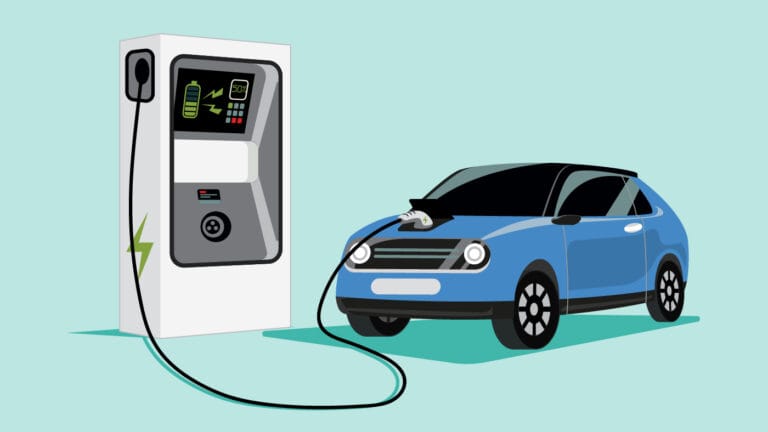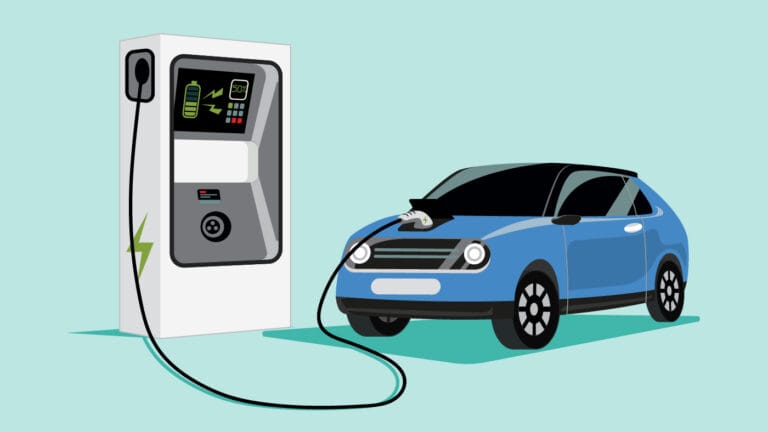Exploring Attitudes Towards Electric Vehicles.
In an era defined by environmental consciousness and technological advancement, electric vehicles (EVs) have emerged as a promising solution to the pressing challenges of climate change and urban pollution.


In an era defined by environmental consciousness and technological advancement, electric vehicles (EVs) have emerged as a promising solution to the pressing challenges of climate change and urban pollution.
Yet, the widespread adoption of EVs hinges not only on their environmental benefits but also on understanding and addressing consumer attitudes and preferences.
This article explores the complex landscape of consumer perceptions towards electric vehicles, shedding light on the factors influencing their decisions and the key considerations driving their choices.
Environmental Awareness and Sustainability: One of the primary drivers behind the growing interest in electric vehicles is the increasing awareness of environmental issues.
Consumers are increasingly conscious of their carbon footprint and seek eco-friendly alternatives to traditional gasoline-powered vehicles.
EVs, which produce zero tailpipe emissions, resonate strongly with environmentally conscious consumers who prioritize sustainability in their purchasing decisions.
Cost Considerations: Despite the long-term cost savings associated with electric vehicles, the initial purchase price remains a significant barrier for many consumers.
While EV prices have been steadily declining thanks to advancements in technology and economies of scale, they still tend to be higher than their conventional counterparts.
However, as governments offer incentives such as tax credits and subsidies, and as EV manufacturing costs continue to decrease, the financial appeal of electric vehicles is becoming increasingly attractive to consumers.
Range Anxiety and Infrastructure: Range anxiety, or the fear of running out of battery charge while driving, is a common concern among prospective EV buyers.
However, advancements in battery technology have led to significant improvements in EV range, alleviating many consumers' concerns.
Moreover, the expansion of charging infrastructure, including public charging stations and home charging solutions, is addressing the practicality and convenience issues associated with EV ownership.
As charging networks continue to grow and evolve, consumers are gaining confidence in the feasibility of electric vehicles as a viable mode of transportation.
Technological Advancements and Innovation: Electric vehicles represent the cutting edge of automotive technology, boasting features such as regenerative braking, instant torque, and autonomous driving capabilities.
These technological advancements not only enhance the driving experience but also appeal to tech-savvy consumers who value innovation and futuristic design.
As automakers continue to innovate and introduce new features in electric vehicles, consumer interest, and adoption are likely to further accelerate.
Social Influence and Peer Recommendations: Peer influence and social norms play a significant role in shaping consumer attitudes toward electric vehicles.
Positive experiences and recommendations from friends, family, and influencers can influence individuals' perceptions and willingness to consider EV ownership.
Additionally, as EVs become more prevalent on roads and in communities, the social stigma associated with electric vehicles diminishes, further normalizing their adoption among consumers.
Conclusion: Understanding consumer attitudes toward electric vehicles is crucial for the continued growth and success of the EV market.
While environmental concerns, cost considerations, range anxiety, technological advancements, and social influence are among the key factors influencing consumer perceptions, the collective efforts of governments, automakers, and stakeholders are driving the widespread acceptance and adoption of electric vehicles.
As consumer preferences continue to evolve and as EV technology matures, the transition towards a sustainable transportation future powered by electric vehicles is well underway.




